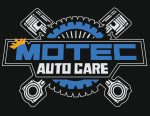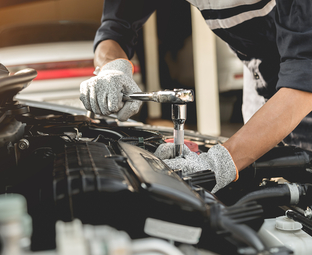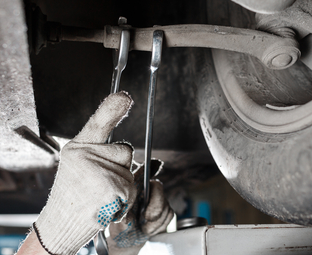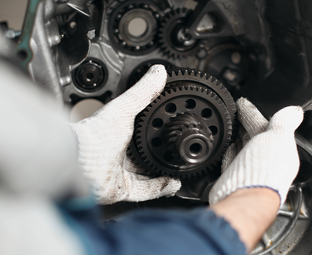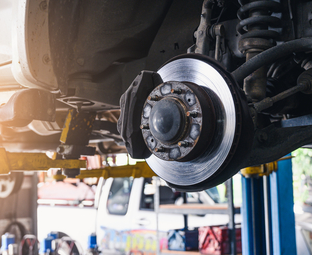Frequently Ask Questions
Vehicle owners commonly ask how often they should have their wheels aligned. Our mechanics generally recommend doing it once a year, but it's important to be aware of any signs of an unbalanced vehicle. How often it needs to be done also depends on driving habits and terrain, and some drivers may need to do it more than once a year.
Maintaining your vehicle's braking system is crucial to preventing accidents caused by critical failure. MOTEC's expert mechanics advise that as your braking system's components eventually wear out from normal wear and tear, they will need replacing every 10,000 to 20,000 miles on average. Replacing brakes, including rotors and pads, typically takes between 30 minutes to an hour.
The cost of replacing a CV joint can range from $140 to $300 for parts alone, while including labor the cost will range from $230 to $1000, depending on the extent of the work required. To get an accurate estimate of the cost and understand how it will impact your vehicle, consult one of MOTEC Auto Care's mechanical experts today.
Depending on how thorough of an inspection is needed and the availability of a technician, the actual inspection will only take 15 to 20 minutes once the car is in the shop on the lift. Following the physical overview of your vehicle, the remaining paperwork can take another 10 minutes inside with our staff. As a word of advice, we recommend all vehicle owners have a pre-purchase inspection done on any vehicle they are planning on potentially buying, as to mitigate financial risk and have a better understanding of the current state of the car.
Our mechanics advise that a car's starter typically lasts between 100,000 and 150,000 miles, depending on various factors such as driving habits and maintenance practices.
The Average cost of the axle, struts replacement must vary from different auto shops. Generally, It depends on the make and model of the vehicle, but it is generally understood that having a CV joint repaired is more cost effective than having to buy new car axles, struts, or other suspension parts of the vehicle.
If you've recently noticed the "check engine" light blinking on your dashboard, it's important to take it seriously. Normally, a blinking engine light indicates that the motor is misfiring, which could lead to significant damage to the catalytic converters. It's crucial to get your engine inspected immediately to keep your vehicle running smoothly and avoid further costly engine repairs.
If you're experiencing any of the following signs, it's likely that your brakes are in bad condition: the dashboard brake light comes on, you hear squealing noises, or you feel vibrations while using the brake pedal. Driving with faulty brakes compromises your safety and the safety of your passengers. To prevent accidents, it's crucial to schedule a brake service as soon as possible when you notice any of these warning signs.

